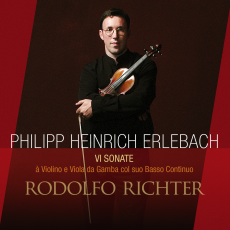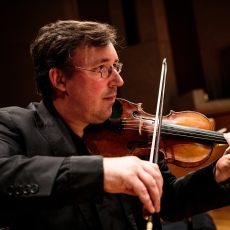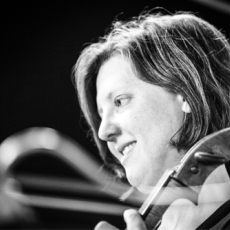Erlebach - Richter - ClassicalSource.com
Having recently reviewed Linn's superb disc of Geminiani cello sonatas, it was a pleasure to re-acquaint myself with Alison McGillivray's playing, albeit in a slightly secondary role. I say ‘slightly', as the viola da gamba parts in the works on this very fine release of Erlebach are almost as prominent as the violin parts, resulting in a real trio-sonata feel.
However, unlike say Bach's accompanied violin sonatas or trio sonatas, those of Philipp Heinrich Erlebach (1657-1714) are suites of dances in all but name, following the typical French Allemande-Courante-Sarabande-Gigue pattern but with heavily Italianate features (like the opening sectionalised movements in place of an Ouverture or Prelude and the use of scordatura (‘mistuning') to emphasise the home key) tempered by a Germanic fondness for complication and counterpoint.
Despite the major contribution made by McGillivray's viola da gamba, the real star of the show is the violin. Rudolfo Richter's playing (on several makes of violin) - like fellow-violinist Giuliano Carmignola, Richter started out with a predilection for contemporary music (he studied composition with Pierre Boulez) before taking up the Baroque violin (with Monica Huggett at the Royal Academy of Music) - is a model of clarity and precision combined with a real feel for Erlebach's need to assimilate various national styles. Italian is the dominant flavour, and even typically French angles (like notes inégales) are made to speak Italian. The result is not unlike Schütz or Buxtehude in a similar vein.
Apart from McGillivray's superior contribution, the continuo is realised with unerring skill and taste: Quinteiro's theorbo, whether alone, with organ or with harpsichord, provides a suggestive base around which the ‘soloists' swirl; Standage (a composer in his own right) is equally creative, while McCarthy's often-subtle phrasing is a delight. The final, beautiful chaconne, with which the third sonata and the disc ends, and reminiscent of how Lully closes his operas, proves a magical finale to an equally magical disc.


